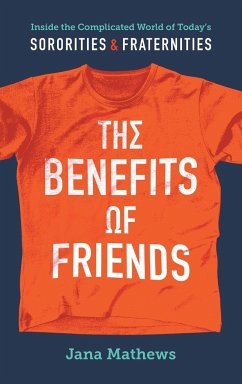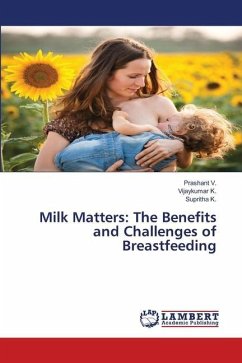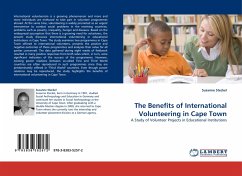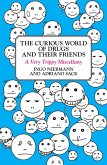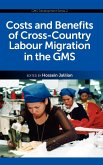In 2011, Jana Mathews's career took a surprising turn. What began as an effort for a newly minted college professor to get to know her students turned into an invitation to be initiated into a National Panhellenic Conference sorority and serve as its faculty advisor. For the next seven years, Mathews attended sorority and fraternity chapter meetings, Greek Week competitions, leadership retreats, and mixers and formals. She also counseled young men and women through mental health crises, experiences of sexual violence, and drug and alcohol abuse. Combining her personal observations with ethnographic field analysis and research culled from the fields of sociology, economics, and cognitive psychology, this thought-provoking book examines how white Greek letter organizations help reshape the conceptual boundaries of society's most foundational relationship categories-including friend, romantic partner, and family. Mathews illuminates how organizations manipulate campus sex ratios to foster hookup culture, broker romantic relationships, transfer intimacy to straight same-sex friends, and create fictive family units that hoard social and economic opportunity for their members. In their idealized form, sororities and fraternities function as familial surrogates that tether their members together in economically and socially productive ways. In their most warped manifestations, however, these fictive familial bonds reinforce insularity, entrench privilege, and-at times-threaten physical safety.


